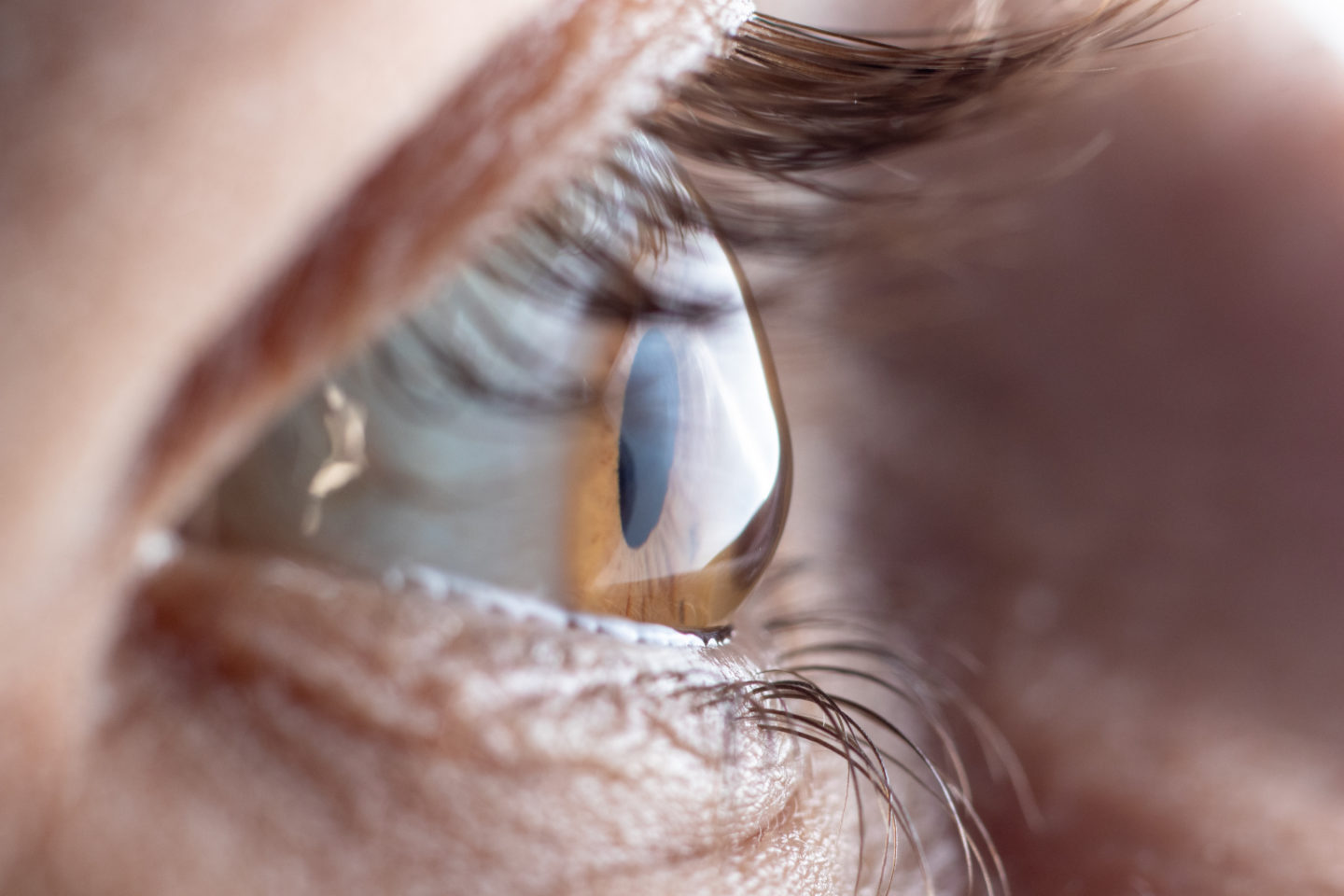Astigmatism Impacts Millions Globally
Unfortunately, the world is full of diseases and conditions that affect how well we see and even threaten to steal our vision permanently. Some occur at birth, while others develop as you grow older. Regardless, these conditions complicate life. After all, your vision is vital to complete most of life’s tasks. Whether it’s a degenerative disease that worsens over time or a refractive error, there are several conditions that impact your vision. Astigmatism is a common condition that millions of Americans deal with every year.
The human eye is a vital yet complex organ. While it is a crucial part of our lives, even the smallest imperfection in an eye’s makeup can affect your vision, which just so happens to be the case in those with astigmatism. Astigmatism occurs in about one in three people, leading to blurry and reduced vision. With so many people experiencing astigmatism to some degree, it’s best that you understand as much about this condition as you can. The more you know, the better prepared you are to treat it and live with it.
Astigmatism is just one of many refractive errors that affect your vision. While inconvenient, there are plenty of options available to you to treat this refractive error. If you live with astigmatism or any other eye condition or disease, contact First Eye Care DFW and let us help you see clearly.
What Is Astigmatism?
Your eye has a specific round shape for a reason. This shape provides you with the clear vision you need to go about your day by correctly refracting light to your retina. When the shape of your eye is compromised or irregular, you will acquire a refractive error. In the case of astigmatism, the curvature of your cornea or lens is the main cause for concern. Your cornea and lens usually have a round shape, but for those with astigmatism, their shape is asymmetrical, often resembling the shape of an egg.
When your cornea and lens are perfectly round, they can correctly bend and direct light to focus on your retina. However, for those with irregular cornea or lens shapes, the light bends in one direction over the other, unevenly focusing on the retina, which causes only parts of objects to be in focus. When the cornea has an irregular shape, this is known as corneal astigmatism. When the lens has an irregular shape, this is lenticular astigmatism.
Often, astigmatism comes with either nearsightedness (myopia) or farsightedness (hyperopia), which are also refractive errors. These three are known as refractive errors because of how they bend (refract) light.
Causes
Typically, astigmatism is present at birth, but it can develop as you grow older. Some experts believe genetics play a role in the development of this refractive error. Additionally, keratoconus can thin the cornea, causing it to be more cone-shape, which leads to astigmatism. You can also develop this condition after an eye injury or eye surgery that changes the shape of your cornea or lens. It is a myth that you can develop or worsen your astigmatism by reading in low light or dark rooms or sitting too close to the TV.
Symptoms
- Blurry vision
- Areas of distorted vision (either up close or far away)
- Headaches
- Eyestrain
- Needing to squint to see clearly
- Poor night vision
If you experience any of these symptoms, contact First Eye Care DFW and schedule an eye exam to get an accurate diagnosis.
Diagnosis
Your eye doctor can diagnose astigmatism quite easily. However, these symptoms often appear gradually, which makes it hard to recognize issues until much later in life. Once you have recognized these symptoms, it is time to visit your doctor for a comprehensive eye exam. Your eye doctor will conduct a host of tests, including:
- Visual Acuity Test: This test will measure the clarity and sharpness of your vision by having you read different letters on a chart from varying distances to see how clearly you see them.
- Keratometer/Topographer: Your eye doctor will use this machine to measure the curvature of your cornea.
- Refraction Test: Your eye doctor will use a phoropter, which has you look through a series of lenses to find which one gives you the clearest vision.
- Autorefractor: This machine shines a light into your eye and then measures how it bounces back.
Treatments
Fortunately for those living with astigmatism, there are plenty of options available to treat their condition and correct their vision. The severity of your case will determine the best treatment you should take to correct your vision. Some of the most common astigmatism treatments include:
- Corrective Lenses: Both contact lenses and eyeglasses can be used to correct your astigmatism. For glasses, your eye doctor will measure the appropriate prescription that will efficiently compensate for your condition. For those that opt for contact lenses, your doctor will likely prescribe special lenses called toric lenses. Toric lenses are soft contact lenses that sit on your eye and focus light in one direction.
- Orthokeratology: Another contact lens option is orthokeratology or ortho-k. Those with severe cases of astigmatism may benefit from ortho-k. You only need to wear rigid ortho-k lenses while you sleep so they can reshape your cornea. While temporary, ortho-k may provide you with clear vision without the help of corrective lenses. You must continue this treatment to see results, however.
- Surgery: If your case is advanced, surgery might be your best option. LASIK is one such surgery that uses lasers to reshape the cornea or lens to fix the irregular shape. Surgery will permanently correct your refractive error. However, you must make sure that you have healthy eyes, no retina issues, or corneal scars to ensure the safety of your eyes.
Schedule a Comprehensive Eye Exam
Astigmatism can range from mild to severe, but regardless, it can affect your everyday life. You need your vision, so when your vision is blurry or distorted, you may struggle to complete menial tasks. If you have been experiencing symptoms of astigmatism, contact the expert eye doctors at First Eye Care DFW to schedule your next eye exam.



